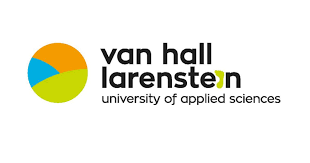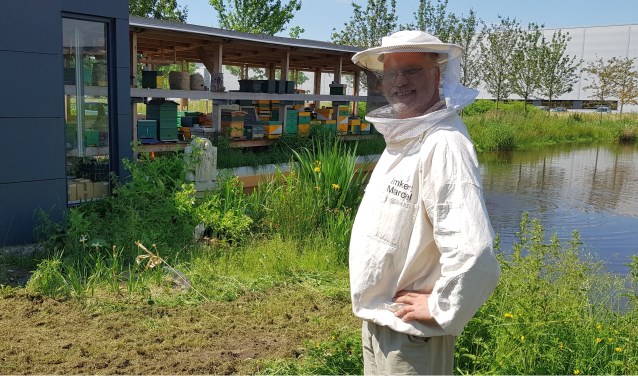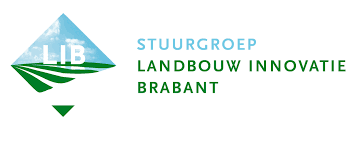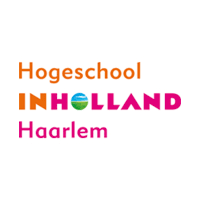Projects and partners
Purpose of the project
The key to resilient beekeeping is to harness the power of nature to restore harmony and balance inside the honey bee colony and between the colony and the environment, both of which have been disturbed by human activities.
The bees (and other insects) are under pressure from abiotic stressors such as climate change, habitat loss and hazardous chemicals. Resilient beekeeping is only possible if harmony and balance in nature, both within and between bee colonies and the environment, are restored. These have become out of balance due to human activities. Despite the imbalance in nature, there are also people in the wild that are doing well, the so-called Darwinian peoples. BETTER-B wants to understand the processes and mechanisms behind those strong colonies and integrate them into modern beekeeping with the help of technological developments.
Better-B is a HorizonEurope collaborative project running from 2023 to 2027.
Partners
The project is led by Professor Dirk de Graaf, Ghent University. The partners are: Wageningen University & Research, Martin-Luther-Universität Halle-Wittenberg, Aarhus Universitet, Universidade de Coimbra, Uniwersytet Jagielloński, Alveus consultancy, Instituto Politécnico de Bragança, Uppsala universitet, Universitatea de Științe Agricole și Medicină Veterinară din Cluj-Napoca, IRIAF (Instituto Regional de Investigación y Desarrollo Agroalimentario y Forestal de Castilla-La Mancha), IZSLT - International Cooperation and Research for Sustainable Development in Beekeeping, KU Leuven, Norges Birøkterlag, Université de Montpellier, Co-actions – Coopérative d'entrepreneur·e·s solidaires, SCIRPOM Sàrl and Nottingham Trent University.
BEEP's role
BEEP also provides BEEP bases and the BEEP platform for data management for this project. 160 bases are deployed for this project across nine locations in Europe. For this study, the bases are equipped with a microphone holder and wooden frame to connect the BEEP base. Furthermore, the project partners use the BEEP research management moduleincluding adapted inspection lists.
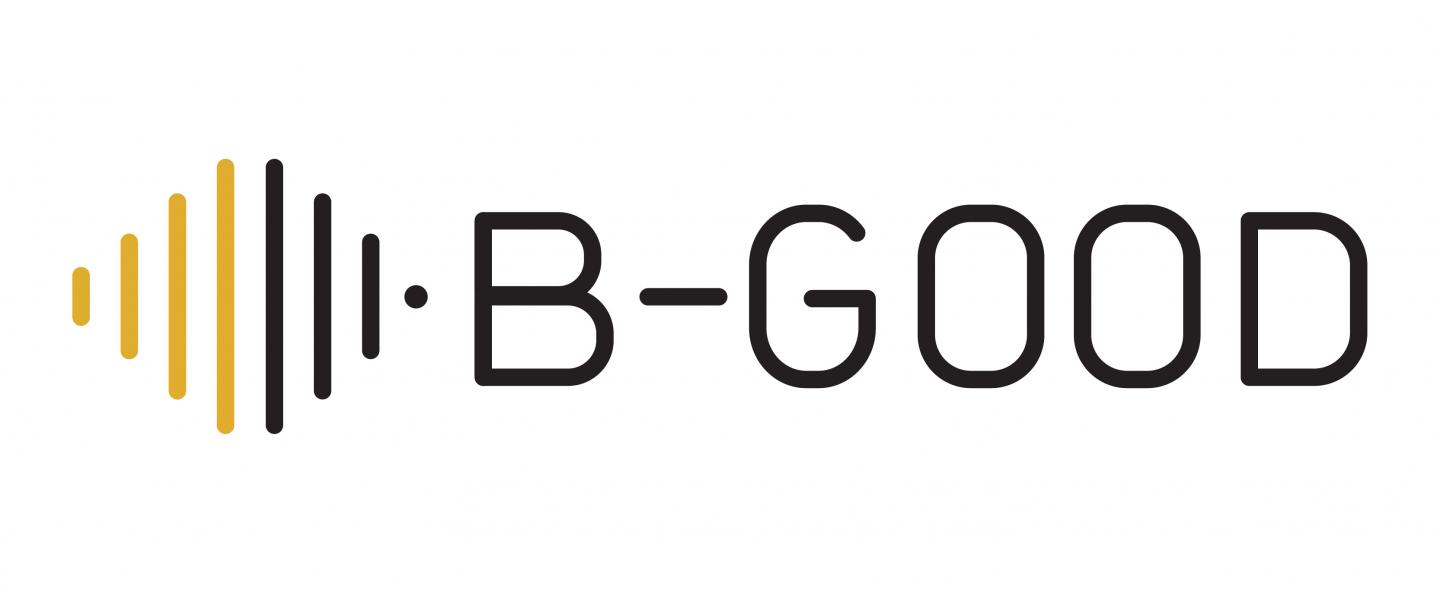
Project aim
The aim of B-GOOD is to support beekeepers by making better informed decisions. This pan-European project receives funding from the European Union Horizon 2020 research and innovation program under agreemeent No 817622 and ended in November 2023.
Partners
The BEEP foundation is a consortium partner and work package leader in the B-GOOD project. B-GOOD started mid 2019 under leadership of the Ghent University. The other partners are: Stichting Wageningen Research [Netherlands], Dall'olio Raffaele [Italy], Pensoft Publishers [Bulgaria], Institut National De La Recherche Agronomique [France], Martin-luther-universitaet Halle-wittenberg [Germany], Universitatea De Stiinte Agricole Si Medicina Veterinara Cluj Napoca [Romania], Aarhus Universitet [Denmark], Universidade De Coimbra [Portugal], The Nottingham Trent University [United Kingdom], Friedrich Loeffler Institut - Bundesforschungsinstitut Fuer Tiergesundheit [Germany], Universitaet Bern [Switzerland], Stichting Beep [Netherlands], Suomen Mehilaishoitajain Liitto Smlry [Finland], Uniwersytet Jagiellonski [Poland], Sciensano [Belgium] and Sciprom Sarl [Switzerland].
BEEP’s part
Usage and expansion of the BEEP app including standardised checklists and protocols for research, deploy 400 BEEP bases, design, development and hosting of the open data portal Beehealthdata.org with more than 60 datasets, decision making model integration, technical support, contribution to project coordination. BEEP contributes to various publications including 'European beekeepers’ interest in digital monitoring technology adoption for improved beehive management'. More publications will follow in 2025.
Click here for more information about B-GOOD.
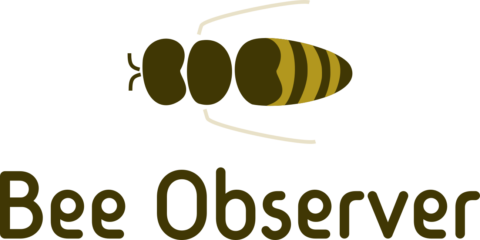
Bee Observer Bremen: Citizenship for honey bee health
Project aim
The aim of the project is to recognize and decrease the risks and dangers for honey bees. The hives in this research are equiped with sensors. The measurement values are registered and evaluated. Citizens and scientist work together and create an extensive network to improve the health of honey bees.
Partners
Since 2018, BEEP works together with the University of Bremen for this German science and citizenship project. The project is led by the cognitive neuroinformatics group from the University of Bremen. There is also close collaboration with another of BEEP's open souce partners Hiveeyes.
BEEP’s part
The BEEP app is adjusted for the usage in this citizen science project, integration with Hiveeyes' hive systems, technical support.
Click here for more information on the project.
Van Hall Larenstein: food supply research
Project aim
The aim of the project is to decide which methods can be used to measure food supply for wild and honey bees in 2020.
Partners
This project is led by the Dutch lecturer on bee health at Van Hall Larenstein, Frens Pries. Partners in the project are the Dutch Beekeepers Association (Nederlandse Bijenhoudersvereniging - NBV), Beekeepers Netherlands (Imkers Nederland) en BEJO seeds (BEJO zaden).
BEEP’s part
Facilitate specific checklist for the research in the BEEP app, deploy eight BEEP bases, technical support, contribution to project coordination.
Partners
In addition to the projects mentioned above, BEEP is currently collaborating actively with the following partners and sponsors:
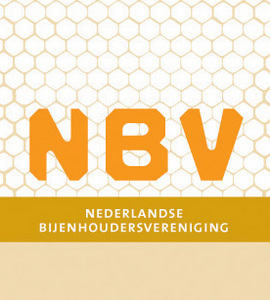 Dutch Beekeepers Association - Nederlandse Bijenhoudersvereniging
Dutch Beekeepers Association - Nederlandse Bijenhoudersvereniging
